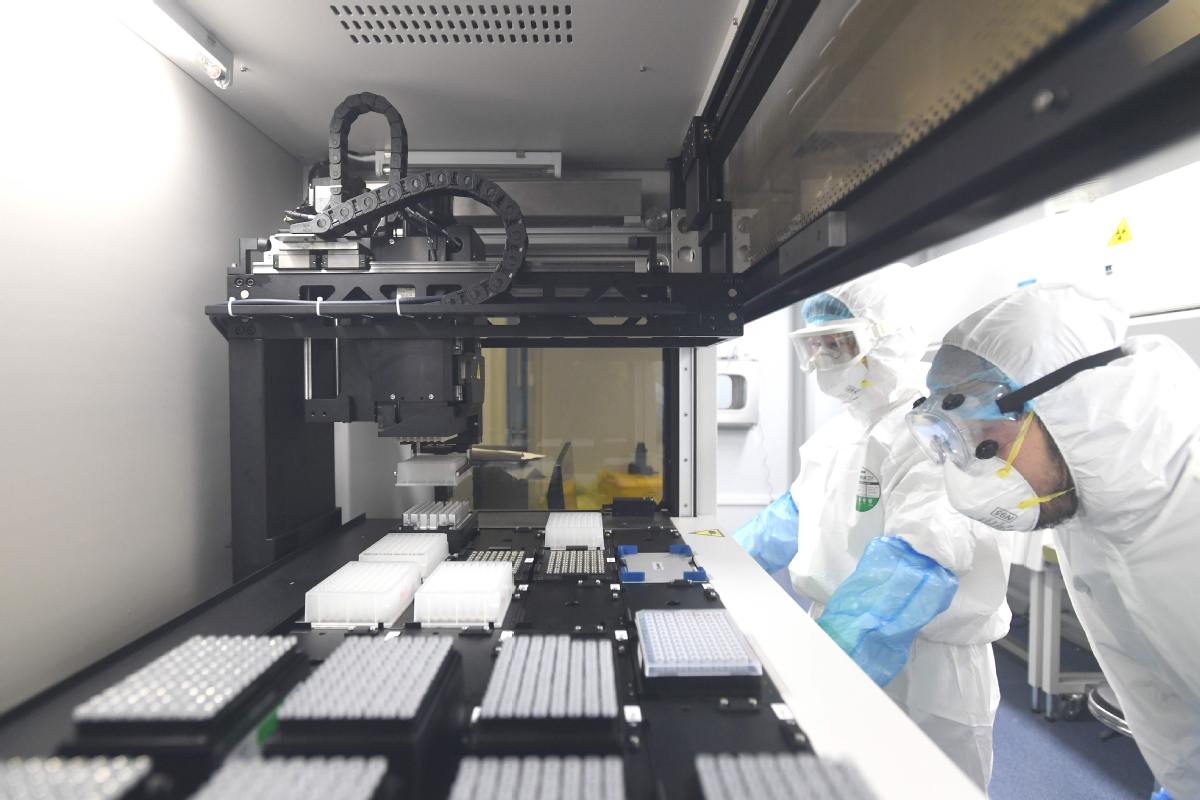

MUSCAT: Coronavirus lockdown had upended normal life in April- May. For researchers, however, lockdown provided many advantages, says a Sultan Qaboos University (SQU) academic.
“Lockdown in fact forced all of us to explore all available online platforms and tools for meetings and effective discussions. This in fact armed us with a good weapon to work effectively maybe even after COVID-19 fades out,” says Dr Ali al Maktoumi, Director of Water Research Centre, and Associate Professor (Water Resources Management – Groundwater Hydrology) Department of Soils, Water and Agricultural Engineering, SQU.
“For Geoscience and Water Research, most of the research is related to field work. However, lockdown had slowed down the progress of work for the researchers. Gathering as a research team becomes challenging and we are left with only to work and communicate online,” he says.
“We found a lot of time to work on our articles. I did a lot of reading and wrote a number of publications as well as found valuable time to communicate with my postgraduate students making excellent progress in this connection,” Dr Ali al Maktoumi told the Observer.
Though there was a slowdown in some activities but it immensely helped progress in other directions.
“It opened up many opportunities but for water scientists, environmentalists and geoscience in general, field experiments and visits are crucial and must be continued as one cannot understand nature from his or her office. Interaction and communication with nature is absolutely needed,” he explains.
Dr Ali said the research students were able to utilise all e-platforms during the stay home.
Over the last three months, Dr Ali attended a number of online international symposiums without spending money.
“The good thing for researchers is that the international scientific community started to organise big conferences using online platforms and made it possible for hundreds of participants and most importantly at nearly zero cost to attend such scientific gatherings.”
For teaching, e-learning was helpful. Although physical interactions in classrooms, laboratories and field experimental sites are extremely important and necessary for excellent teaching, e-learning is the only remaining option for continuing education in a situation like the COVID-19 pandemic, Dr Ali concludes.
Oman Observer is now on the WhatsApp channel. Click here



